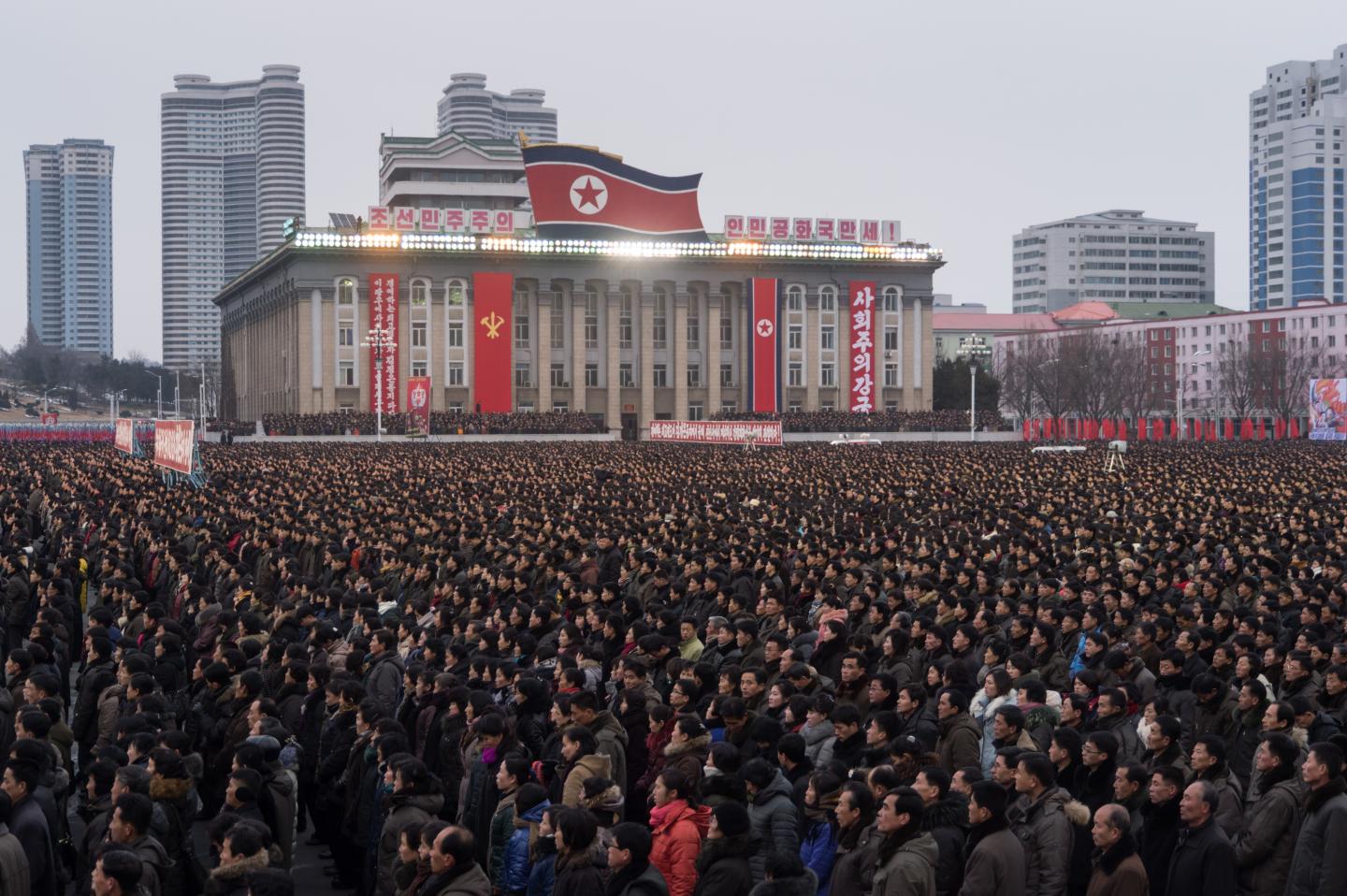
Wang Fan, Vice President, China Foreign Affairs University
Feb 06, 2018
The crux of the issue lies in the US’ ulterior motives.
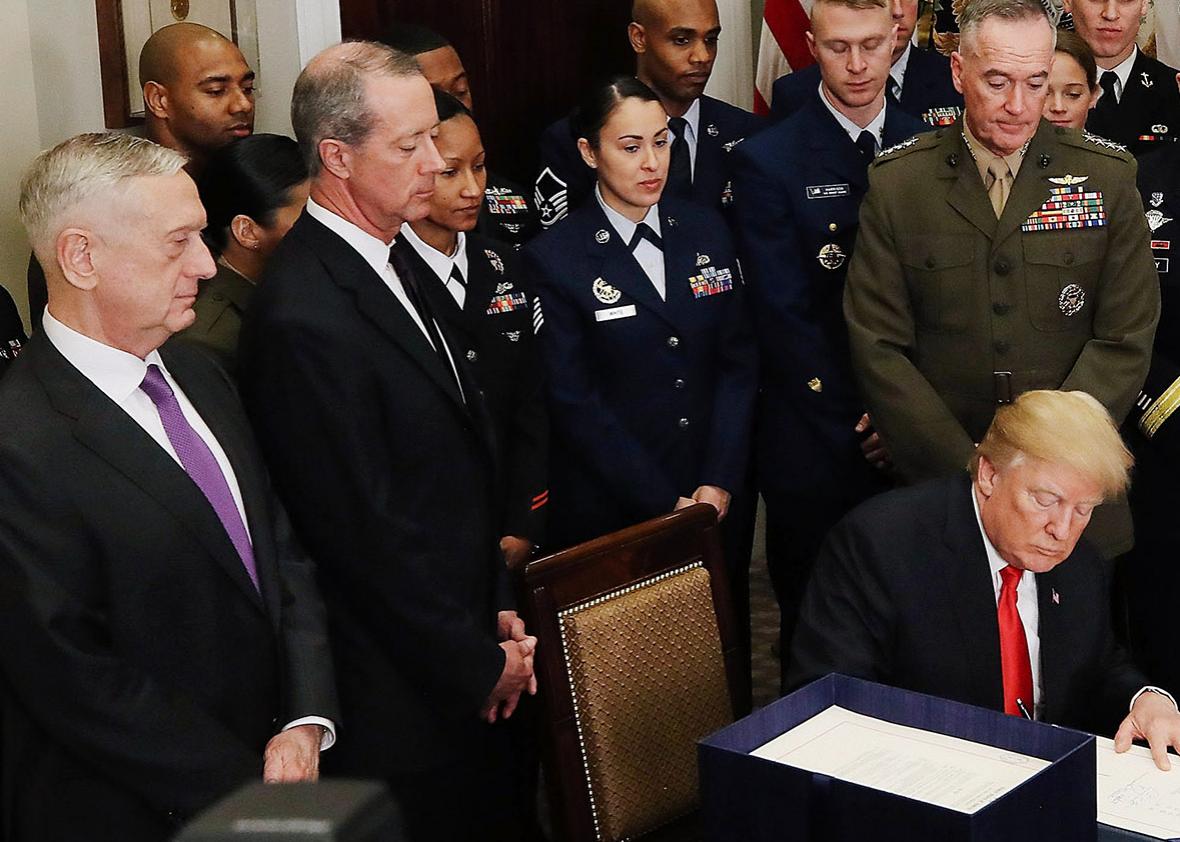
Fan Gaoyue, Guest Professor at Sichuan University, Former Chief Specialist at PLA Academy of Military Science
Feb 02, 2018
The NSS indicates a turn towards a more confrontational United States.
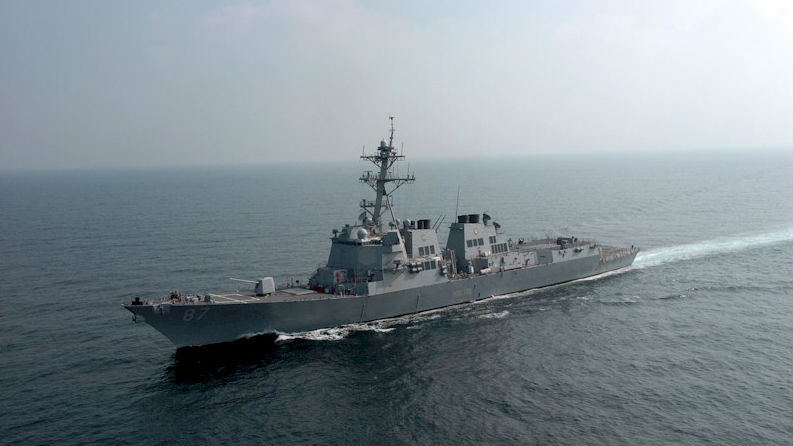
Ian Storey, Senior Fellow, ISEAS Yusof Ishak Institute
Feb 01, 2018
On Wednesday 17 January, the U.S. Navy conducted a much anticipated “freedom of navigation operation” (FONOP) in the South China Sea when the guided-missile destroyer USS Hopper sailed within 12 nautical miles of Scarborough Shoal.
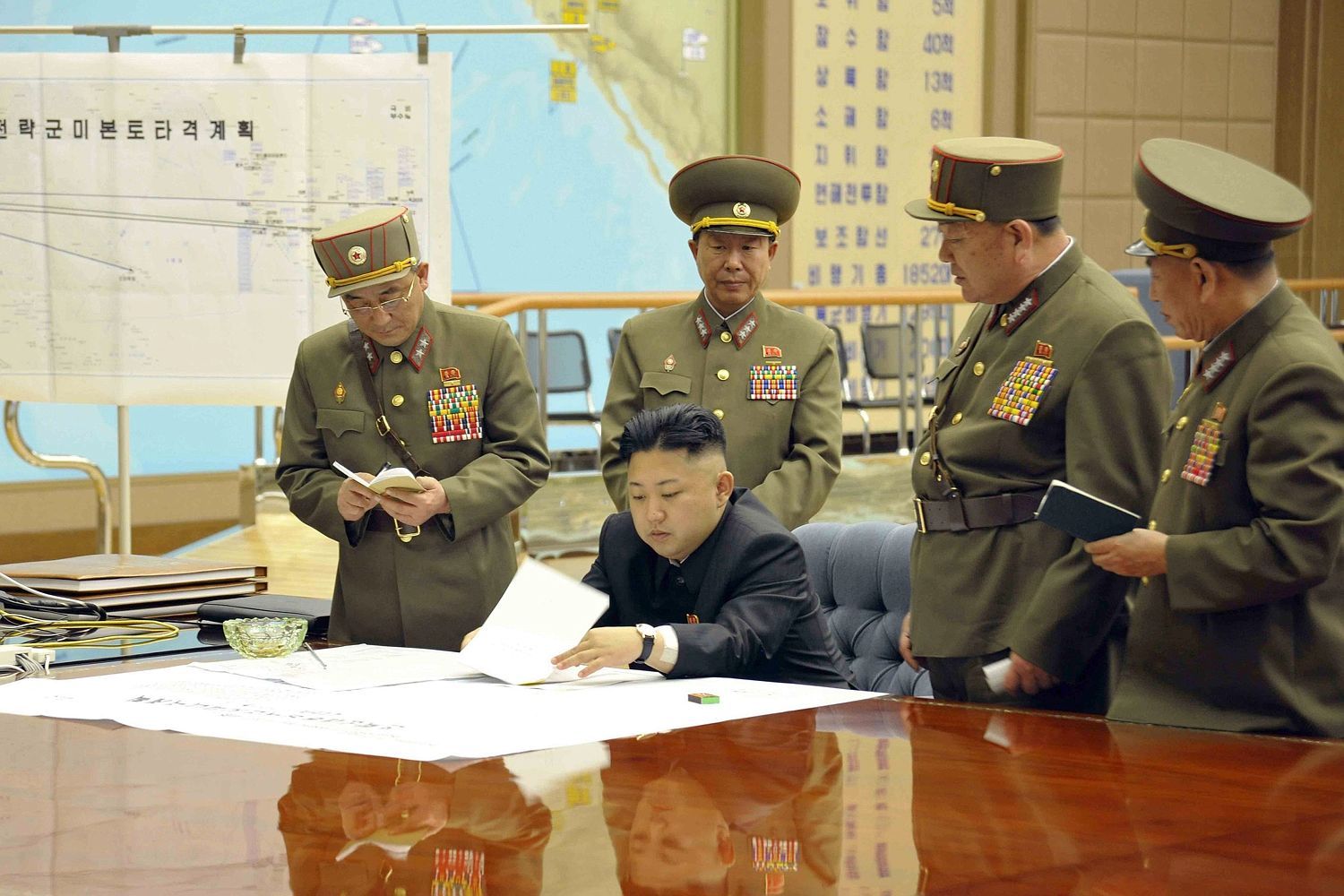
Franz-Stefan Gady, Associate Editor, Diplomat
Jan 26, 2018
When debating possible U.S. limited strikes on North Korea, let us not forget the inherent unpredictability of war.
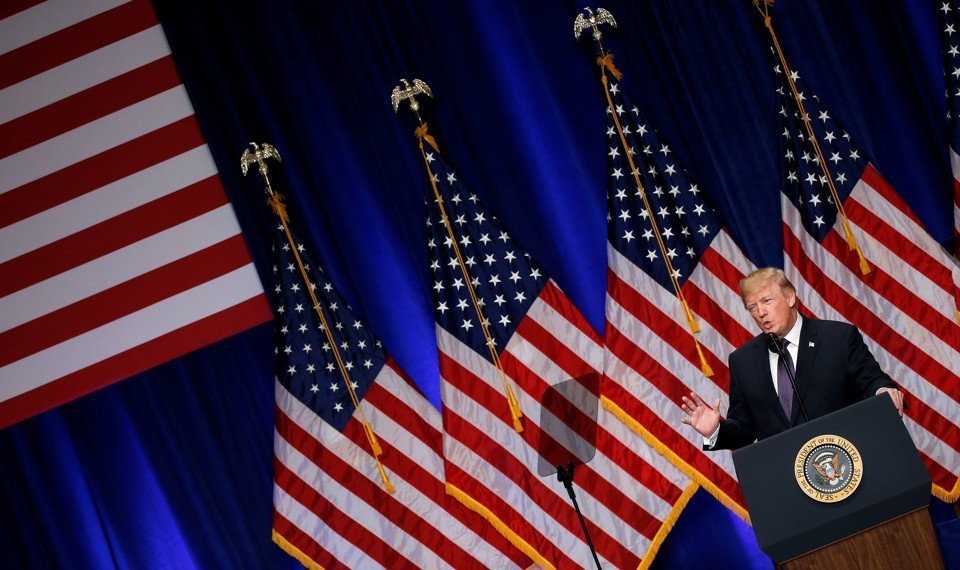
Chen Jimin, Guest Researcher, Center for Peace and Development Studies, China Association for International Friendly Contact
Jan 23, 2018
The Trump administration’s National Security Strategy was the most hostile one to China thus far. Here’s why it had to be this way.

Li Zheng, Assistant Research Processor, China Institutes of Contemporary International Relations
Jan 16, 2018
China and the US’ differing views concerning cybersecurity signal areas of potential conflict between the two countries in future. Nonetheless, they also share a common vision.
Jan 15, 2018
Early this week, the U.S. House of Representatives passed two bills related to Taiwan, drawing a strong denouncement from Beijing.
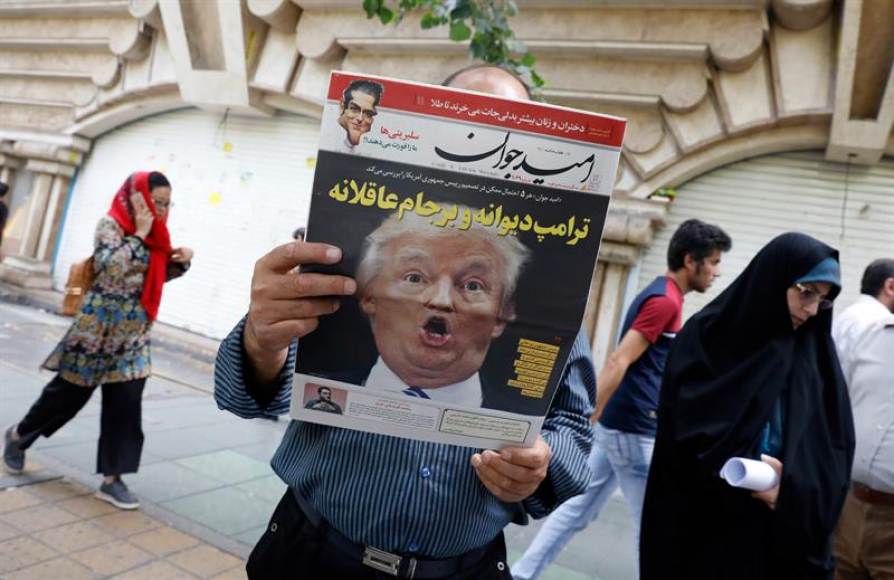
Dan Steinbock, Founder, Difference Group
Jan 15, 2018
What is going on in Iran? Iran's protests reflect intense debate about new economic policies and priorities, particularly trade-offs between economic development, political consolidation and regional prestige. Escalation suggests U.S. efforts at regime change, as Iran is increasingly looking toward the east and development opportunities with China.

Ruoxi Bi, MA Candidate, New York University
Jan 11, 2018
Is the repeal of net neutrality in the U.S. moving the country closer to a Chinese system of internet monitoring?
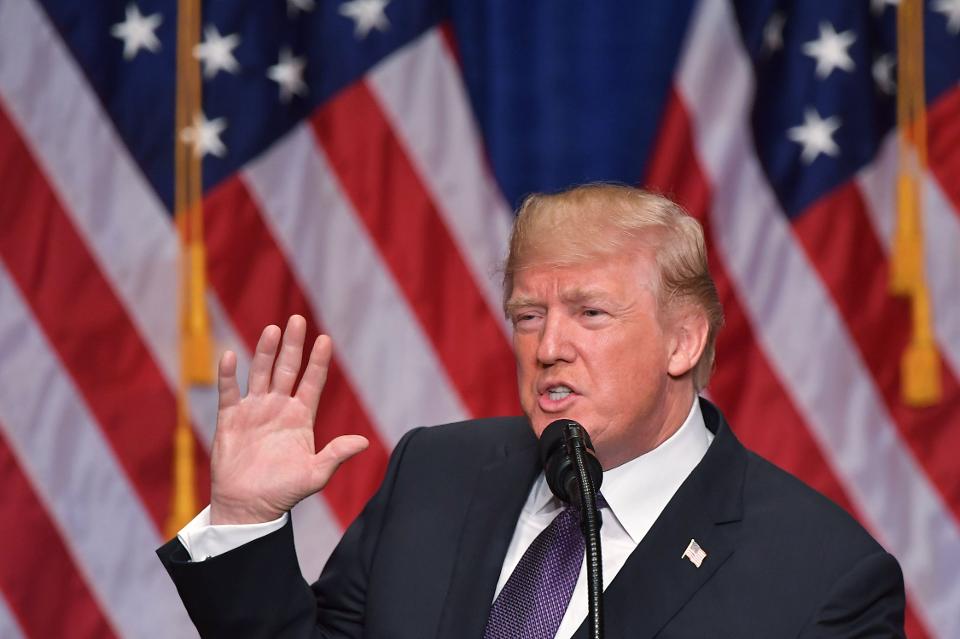
Wu Zurong, Research Fellow, China Foundation for Int'l Studies
Jan 09, 2018
The US National Security Strategy was very revealing.
Back to Top

- China-US Focus builds trust and understanding between the U.S. and China through open dialogue among thought leaders.
- Our Offerings
- Topics
- Videos
- Podcasts
- Columnists
- Research Reports
- Focus Digest
- Stay Connected
-
Thanks for signing up!
- Get the latest stories from China-US Focus weekly.